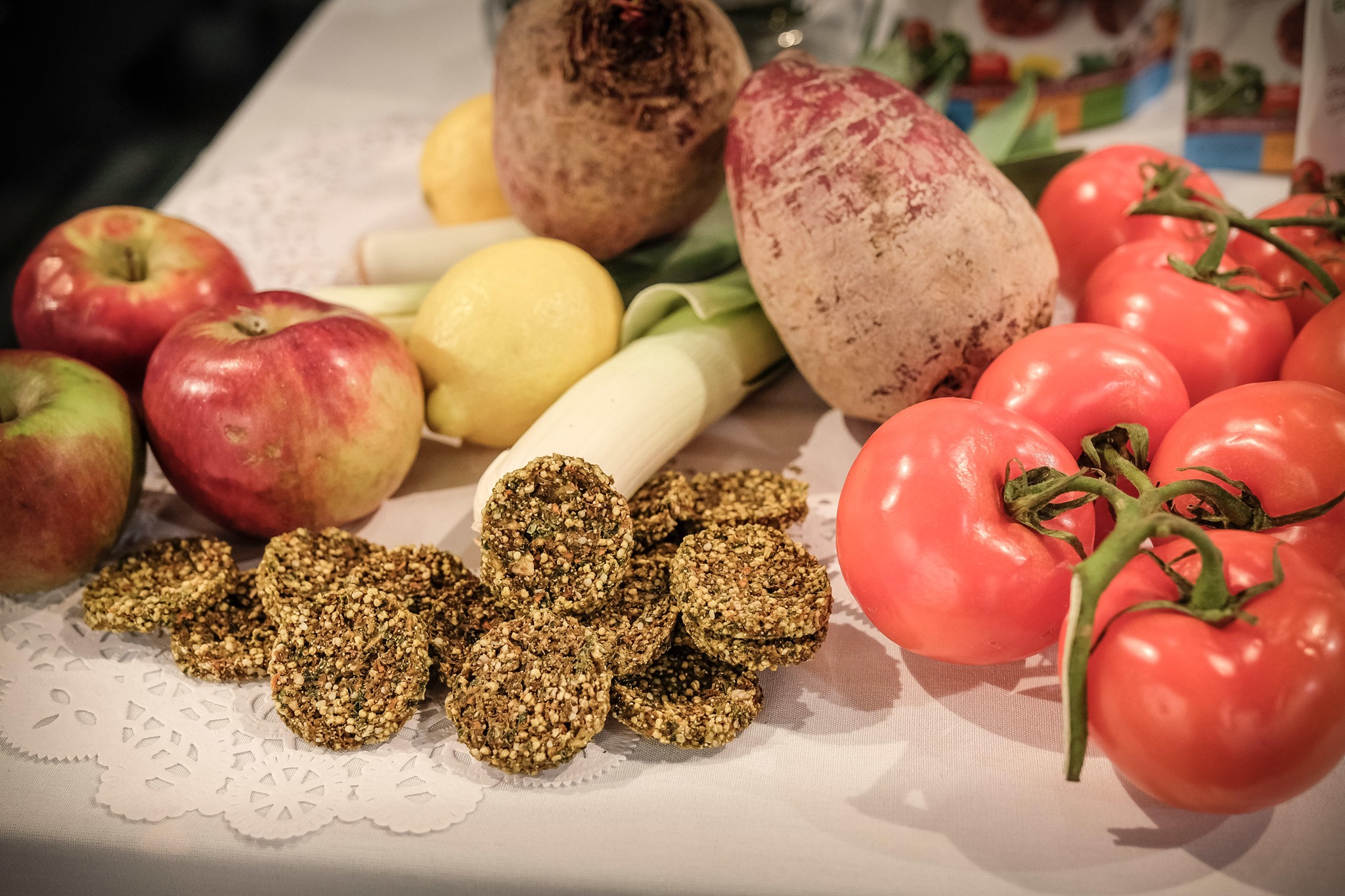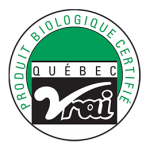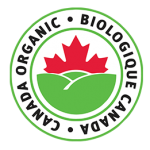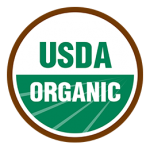Did you know that our vegetable dehydrated crackers REMIS are certified organic by Quebec Vrai? You can find their logo on our bags and in our ads.
This certification was granted to us and will be ours for as long as we maintain our traceability throughout the entire food sourcing and administrative chain of commands (fruits, vegetable and grains).
We often are questioned about where the vegetables that we use come from? Where do we source them? Do we encourage local growers?
The answer is simple: locally… as much as possible. But even if this answer is obvious to us, it merits an explanation.
As you must know, the organic market is striving in Canada and in Quebec. Since 2010, our country is part of a very large Organic Product world market. Quebec represents about 10% of all the Canadian market.
In a recent report completed in March 2019 by the Agriculture, Fishery and Food Ministry (MAPAQ), we can read that “imports of organic products are increasing since demand for such foods is growing. The speed of the demand’s expansion is such that is is a challenge and an opportunity for local producers. However, the Canadian climate can limit the local production capacity, in the same way as general agricultural products.”
Basically, what this means is that local sourcing is fairly easy during our seasons, but it presents a challenge during our winter and spring. However, we always place locally-sourced ingredients in dormancy in our long-lasting refrigeration units, which preserve will into late spring months. However, even with our best efforts, you may understand that we have no other choice in certain periods of the year to source our ingredients from external markets.
The MAPAQ report also reveals that organic ingredients that are imported can have higher costs than their more traditional alternatives. The difference is often over 50% more for many ingredients, especially vegetables. Even at that higher cost, we have chosen to prioritize a healthy lifestyle, and this desire to produce organically is there to stay.
Let’s remind ourselves that one of the basic foundations of organic growing is the absence of pesticides and organically-modified organisms. The fertilization must be done through the use of manure, green fertilizers and other organic methods.
The vision promoted by 1.2.3. Santé is to work with local organic producers as much as possible. Fruits, vegetables and grains are imported within the province or the country only when local sourcing is not possible. A nice way of encouraging our producers.
May REMIS be with you!





